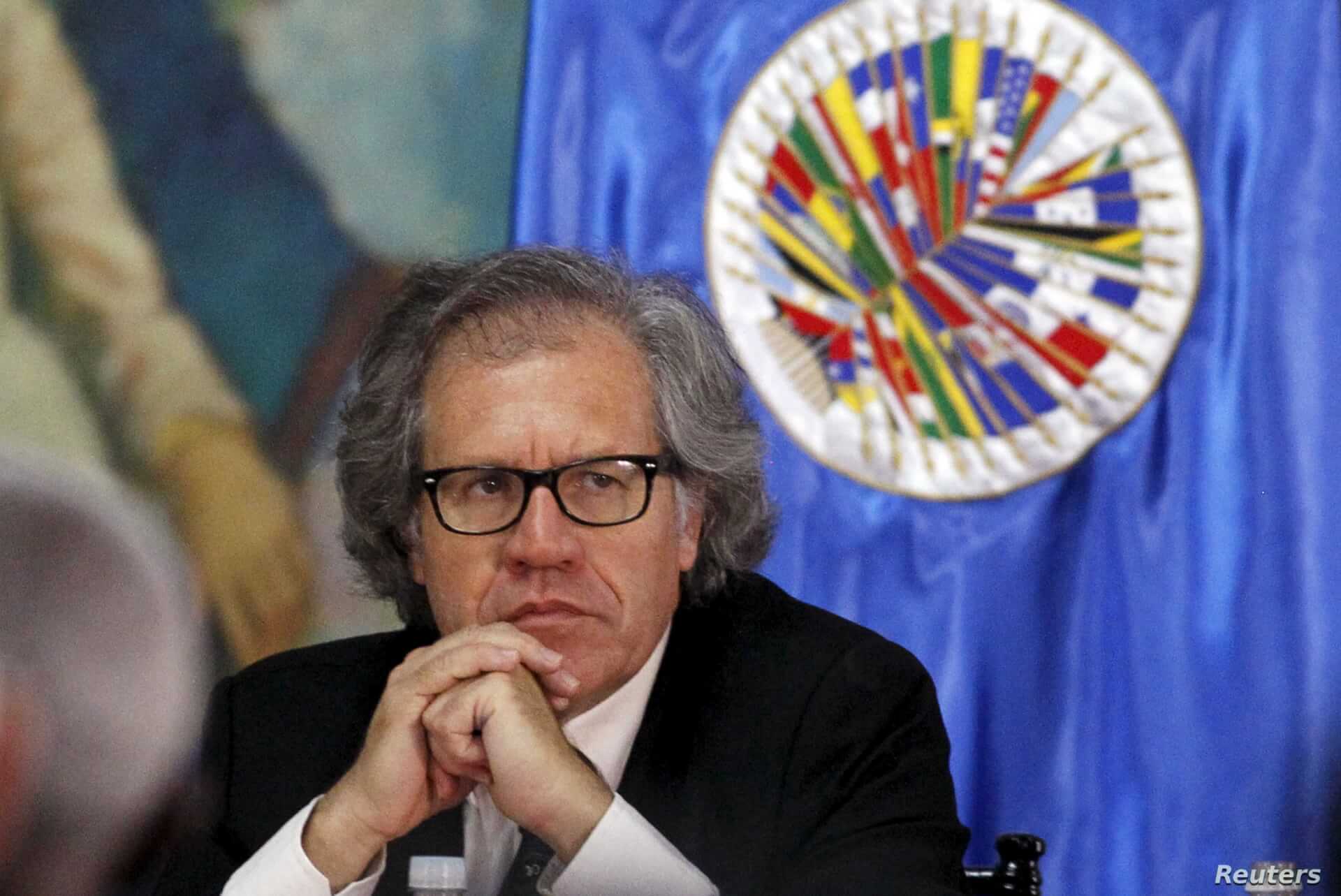One of the ombudswomen in the Organization of American States (OAS), Neida Perez, is being criticized for participating in an attempt to remove the region’s top human rights official in collaboration with Secretary-General Luis Almagro.
If true, these allegations suggest that she has violated the terms of her contract, which require her to work independent of any influence from the leadership. In fact, the OAS’s General Standards state that the Ombudsperson must be a “confidential, informal, and neutral professional” who must refrain from “advocat[ing] on behalf of any individual”.
Perez has found herself caught in a battle between the secretary-general and the leadership of the Inter-American Commission of Human Rights (IACHR), which is an autonomous organ of the OAS that “monitors the human rights situation in member-states”.
In mid-August, Almagro notified the Commission that he would be rejecting its decision to extend Brazilian rights activist Paulo Abrão’s tenure as the head of the IACHR. Although his decision was condemned by the United Nations and other human rights activists, Almagro insisted that he was only seeking to protect the rights of ‘mistreated’ employees, saying that there are reportedly 61 “complaints” against Abrão for “favoritism, conflicts of interest, and impunity for employees accused of sexual harassment”.
Michelle Bachelet, the former President of Chile and the current United Nations High Commissioner for Human Rights, said that Almagro’s decision undermines the “independence” of the IACHR” and is “damaging the reputation of the OAS”. Likewise, José Miguel Vivanco, the director of the Americas division of Human Rights Watch (HRW), said that the Secretary-General is using the “prextext of an administrative investigation” to weaken the Commission’s “autonomy”, which he said “threatens the credibility of a vital institution”.
The IACHR has responded by saying that, regardless of recent developments, Abrão “continues being” the head of the IACHR.
On August 26, Perez sent out a message to current and former OAS employees, asking them to describe “irregularities and inconsistencies” of their experience in the workplace environment of the IACHR, and to ‘anonymously’ share any complaints they had with Almagro. Some of those employees described her message as ‘inappropriate’ and ‘pressurizing’.
Perez, for her part, says she has done nothing wrong, arguing, “I was asked by employees and agreed to give a voice to employees who felt invisible and then shared their testimonies with both Secretary Almagro and the commission.”
Some regional diplomats, on the condition of anonymity, told the Associated Press that the push to remove Abrão may be result of pressure from US allies Colombia and Brazil, who view him as “too cozy with human rights activists and quick to interfere in domestic affairs”. In fact, in the past, OAS Secretary-General Almagro has parroted the statements of Trump, saying that he “wouldn’t rule out” the use of military force to oust Venezuelan President Nicolás Maduro.
That being said, perhaps Almagro’s claims of complaints against Abrão are not without substance. A former colleague described him as a “domineering boss who would marginalize and publicly humiliate those who didn’t’ share his views”.
Organization of American States Ombudsperson Criticized for Political Interference
Neida Perez is being criticized for participating in an attempt to remove of the region’s top human rights official in collaboration with Secretary General Luis Almagro
September 2, 2020

IMAGE SOURCE: JORGE CABRERA / REUTERSOrganization of American States Secretary-General Luis Almagro
